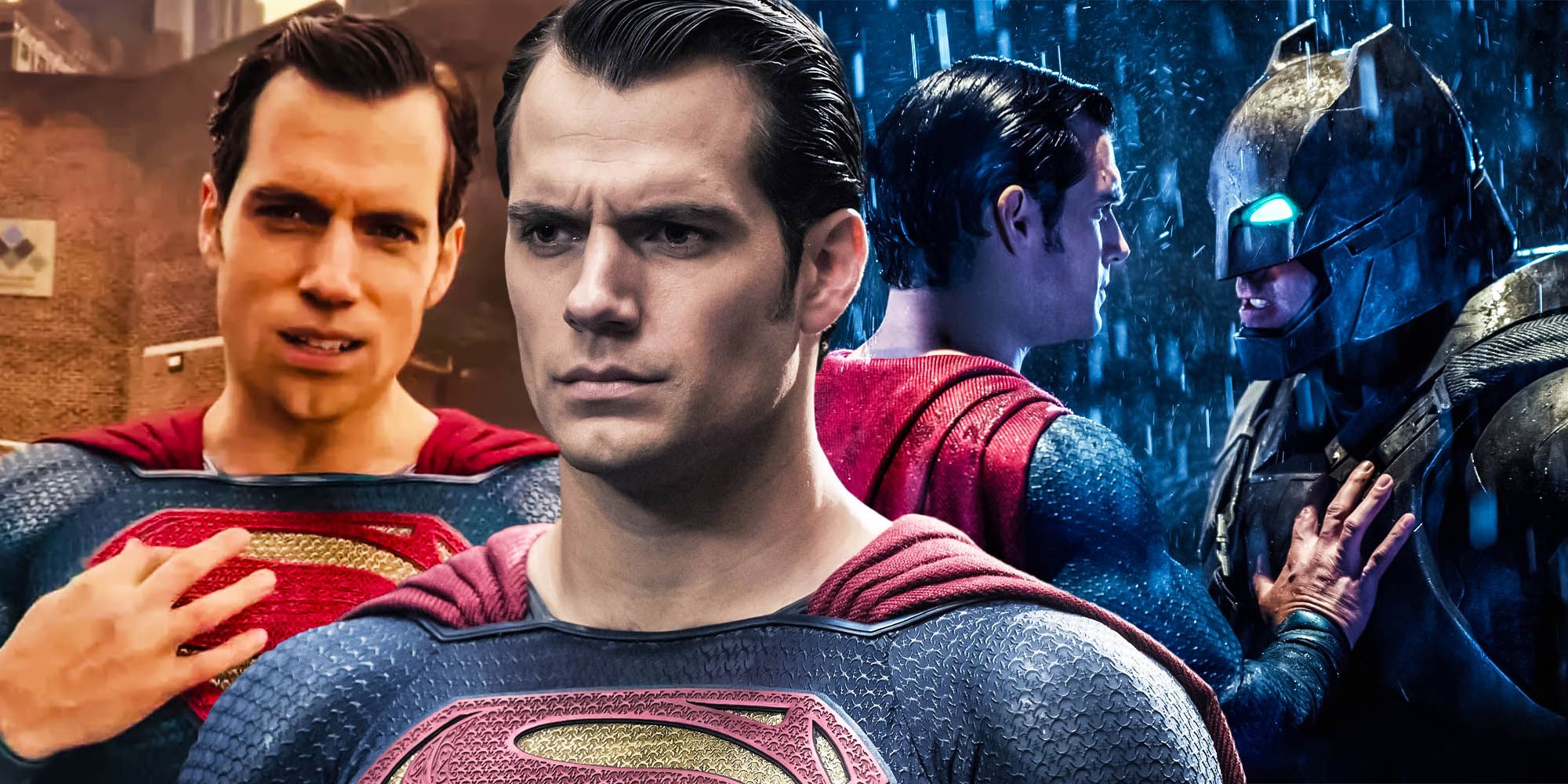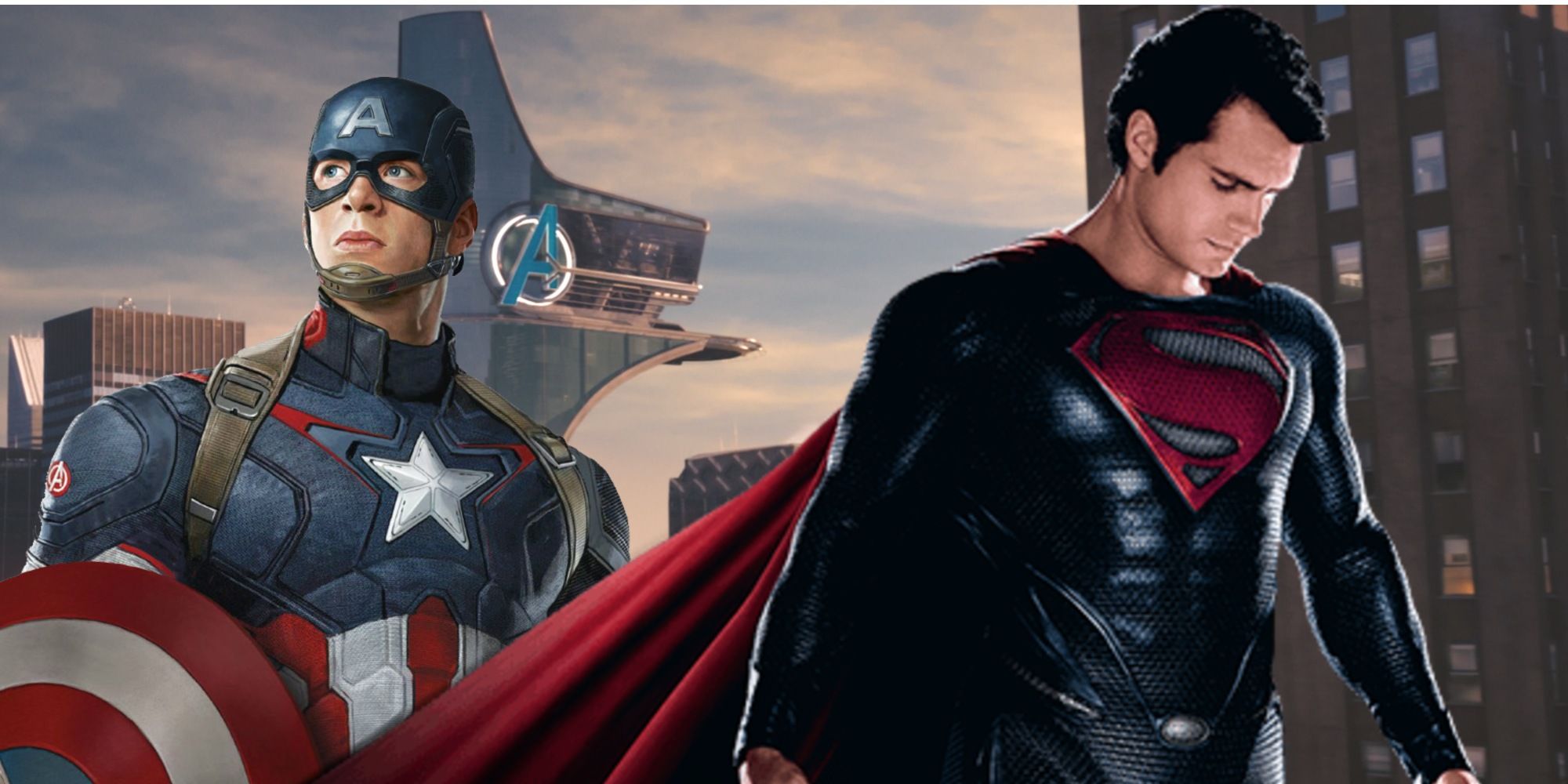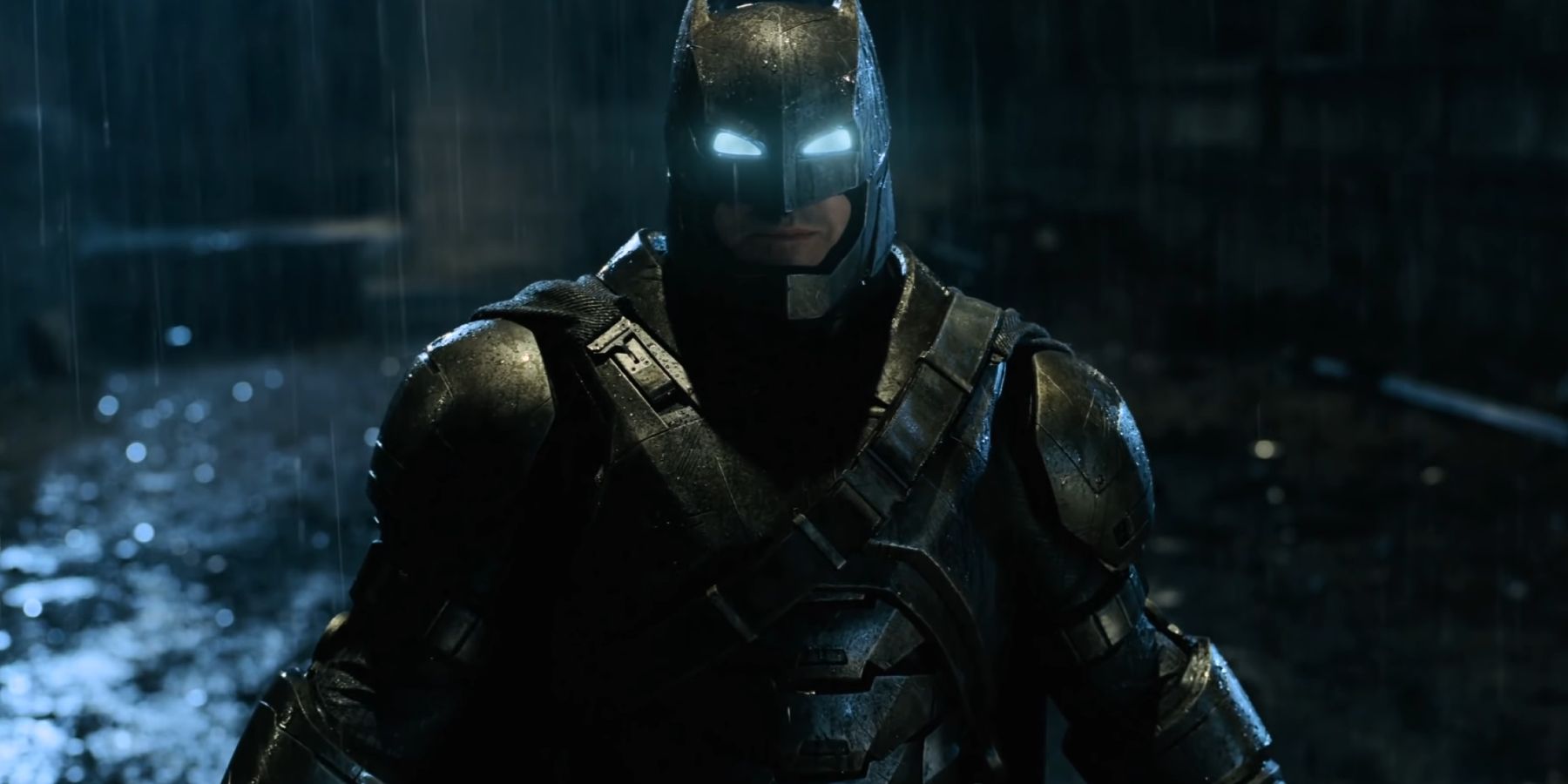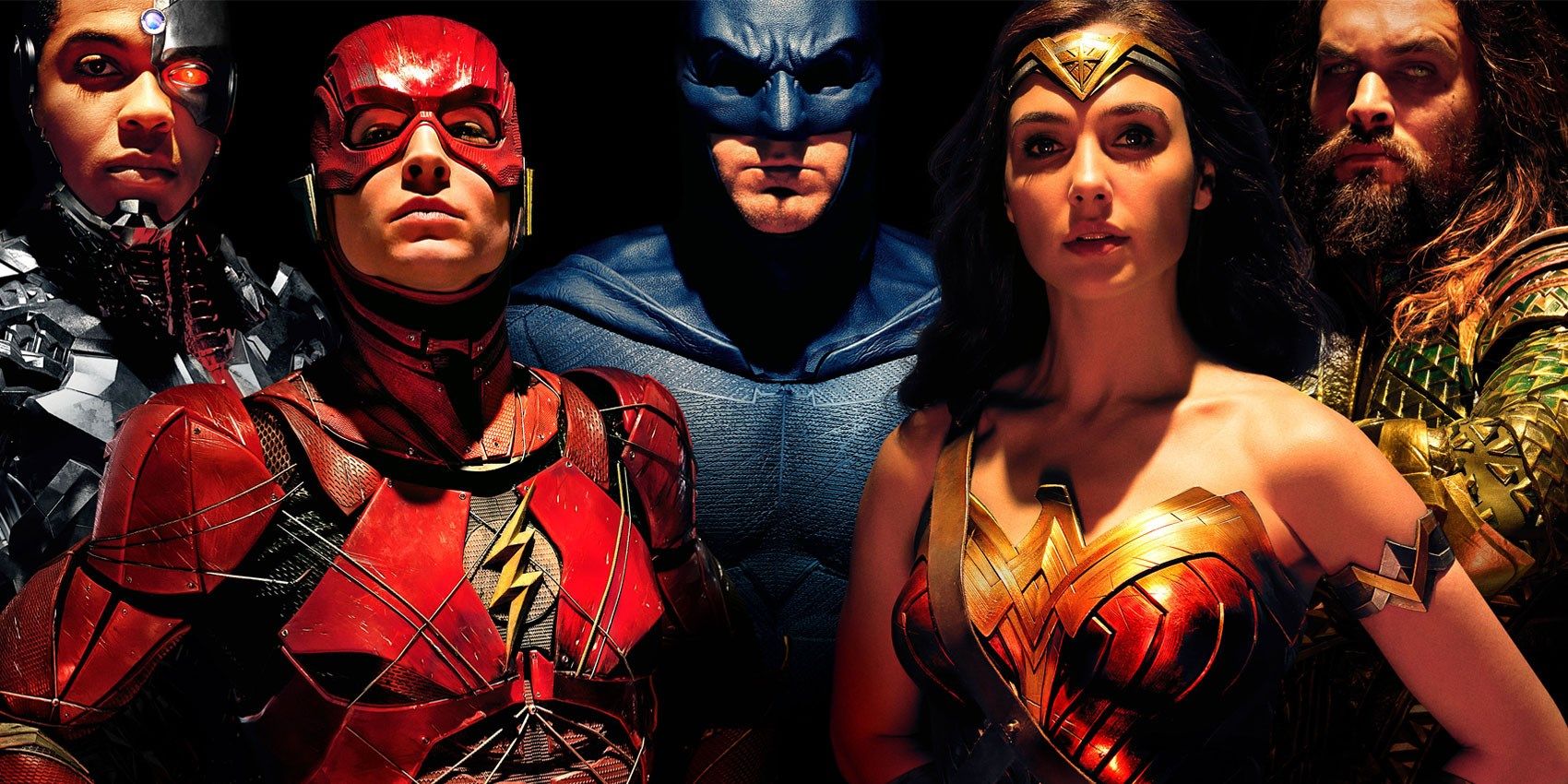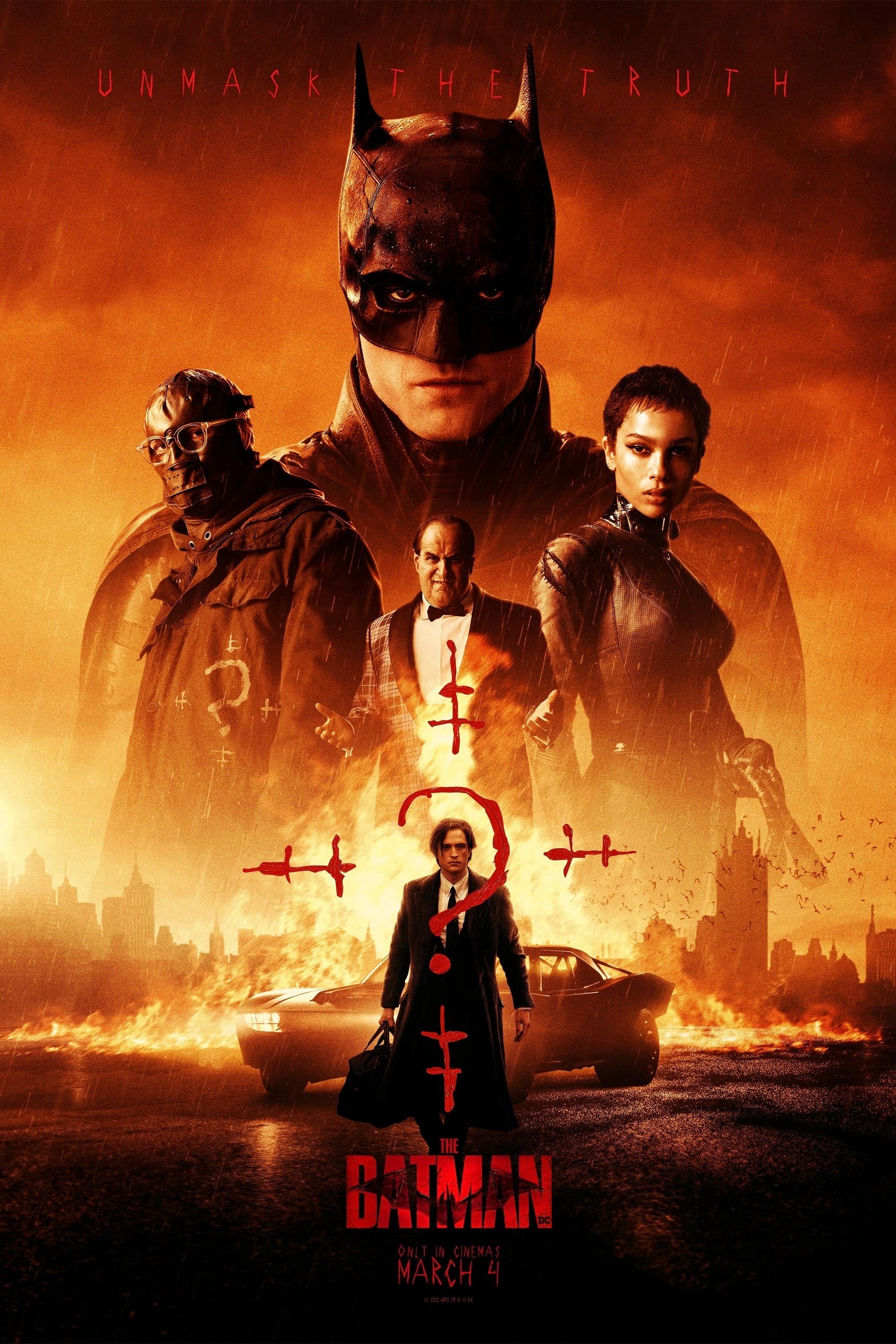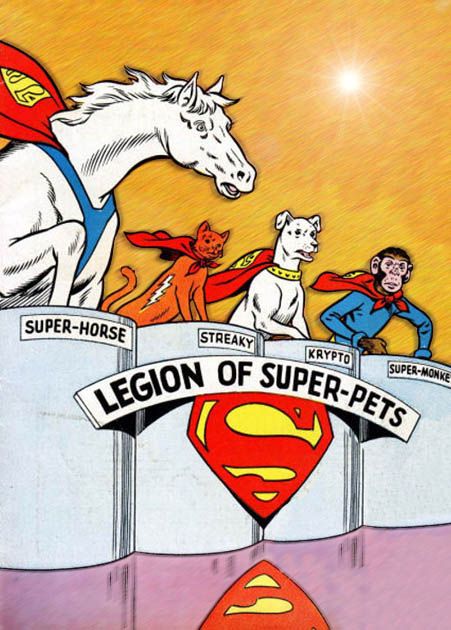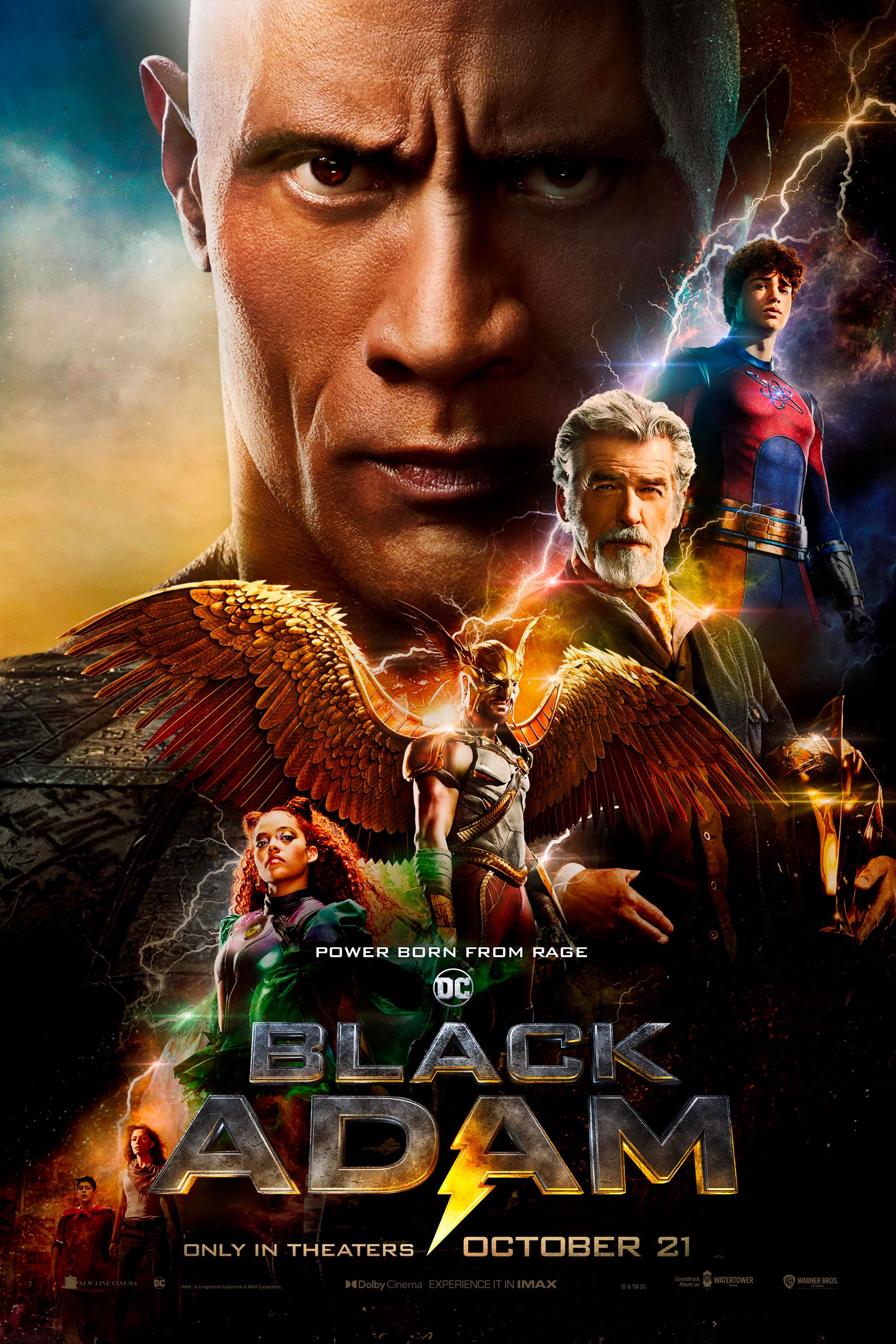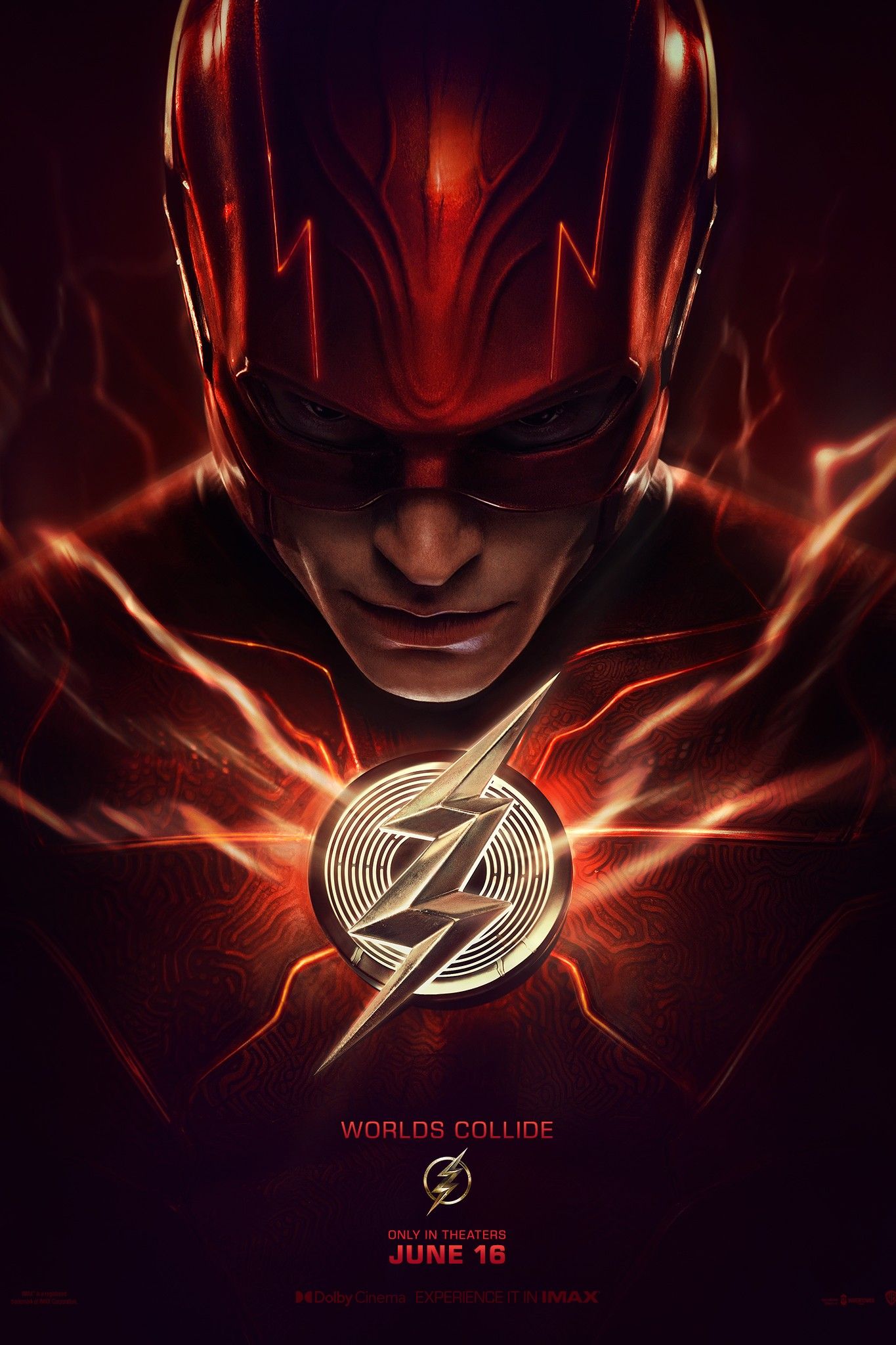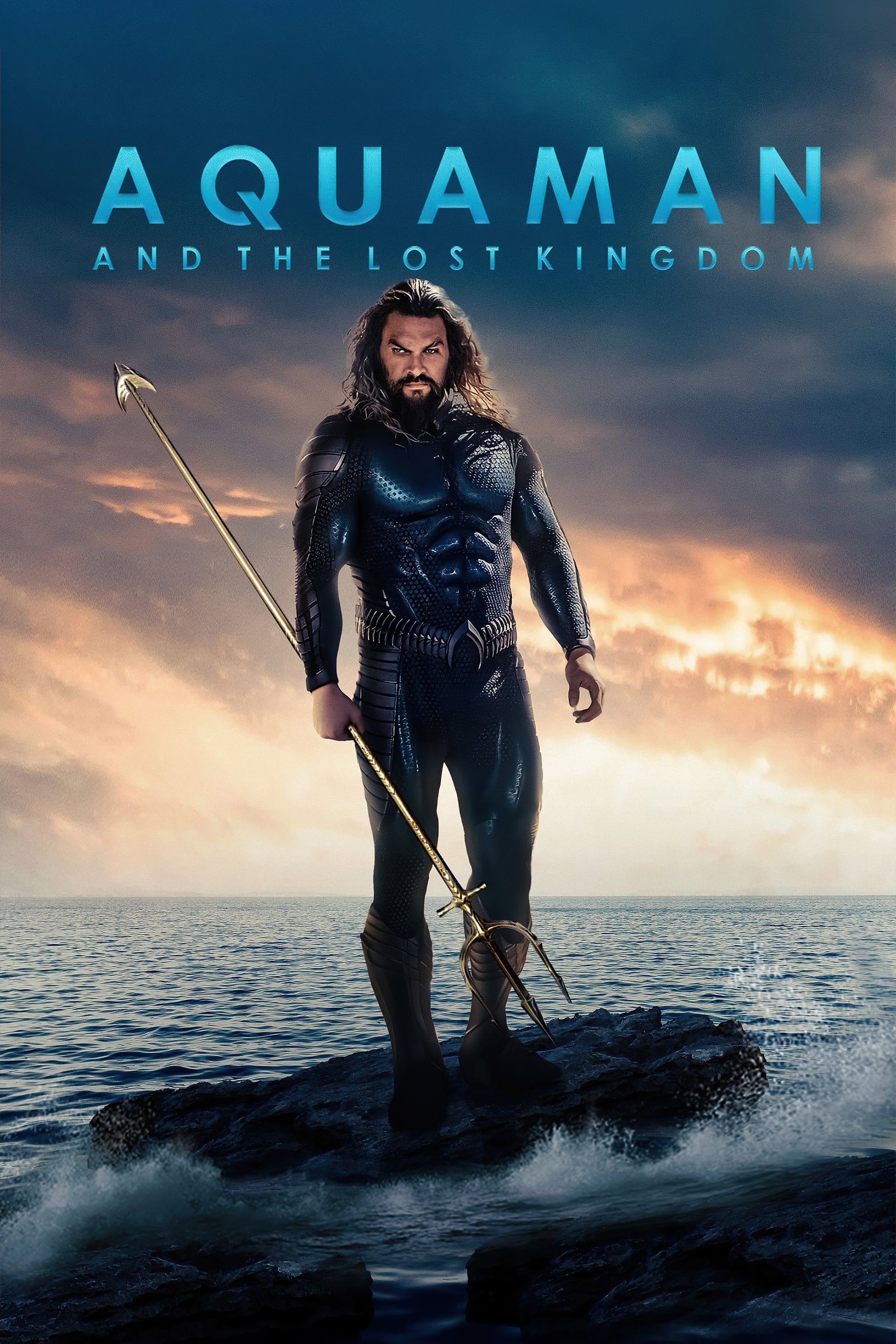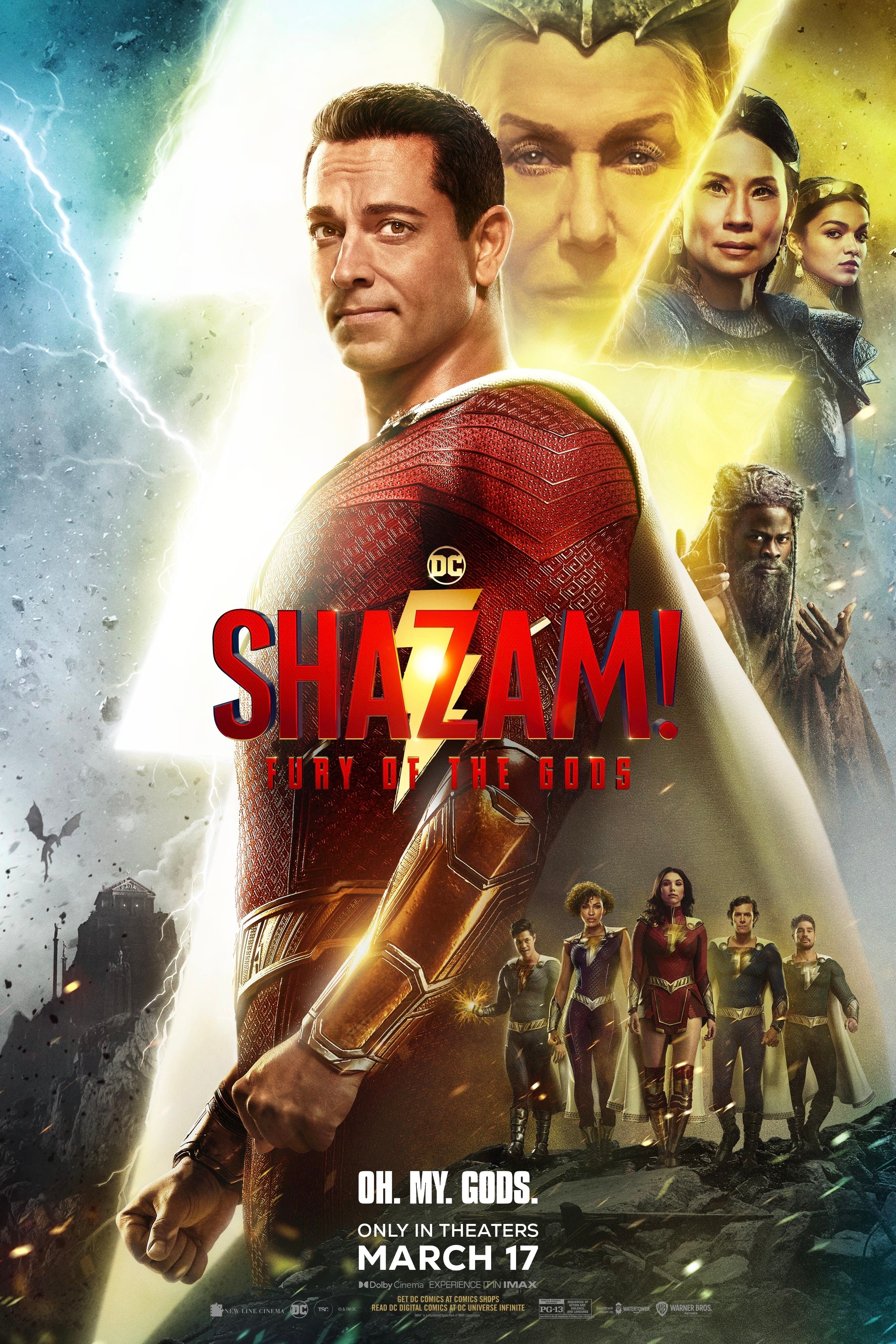Warner Bros. have made an impressive amount of mistakes rolling out the DCEU, and have even admitted to a fair few of them. It's no secret that as Marvel has taken over the world with its ever-expanding and staggeringly popular MCU, Warner and DC have floundered establishing their own equivalent. As audiences consistently pack theaters to see the latest offering from Kevin Feige and co. Warner Bros. have struggled to match that level of success. Why? Mostly due to a series of mistakes and borderline historic blunders that have baffled both comic readers and general audiences alike.
Some might be surprised to learn there was actually a point at which Warner and DC were beating Marvel when it came to superhero movies - though this is no longer the case. Fortunately, it seems WB have recently taken heed of repeated critical lashings and feedback from outraged fans as they prepare to launch their version of the DC multiverse with 2022's The Flash and abandon rigid adherence to previous continuity. With the standalone Joker netting the studio a few Oscars in 2019 and Matt Reeves' upcoming The Batman said to be set in its own alternate timeline, it seems Warner and DC are finally forging their own path.
But it's taken a long time to get to the point where the studio will embrace a new approach – something that will no doubt be expanded upon at the upcoming DC Fandome 2021. Whether it be recutting directors' original visions for films or more generally struggling to define the tone of the DCEU, WB were, for a long time, on an impressive losing streak when it came to their superhero offerings. So much so, even the studio has admitted to making some less than ideal blunders on its ongoing journey towards DCEU perfection. Here's everything Warner have admitted – or tacitly admitted – to getting wrong.
Trying To Be Too Much Like Marvel
Warner boss Kevin Tsujihara said what no doubt many had already been thinking when he addressed the issue of his studio seemingly attempting to emulate aspects of the Marvel model. The Warner Bros. CEO outright admitted that copying Disney and Marvel's plans wouldn't work for the DCEU. Stopping short of copping to the fact that Warner had essentially been doing just that for the past decade, Tsujihara said in a 2019 interview that the Disney model "worked really, really well for them, but it’s not who we are." The studio's movements of late seem to suggest Tsujihara meant what he said, with WB no longer wedded to the idea of a shared universe and greenlighting projects like Joker and The Batman – which it seems will not only exist within its own universe but will be fleshing out that universe with a slate of spin-off Batman shows heading to HBO Max.
Why it took so long for Warner Bros. to realize it is indeed not Disney remains unclear. But this is as close as the studio got to admitting it had been relying too heavily on a business model that too closely mirrored its rival. Whereas Disney and Marvel had meticulously built a cinematic universe by churning out likable characterizations of their heroes and building on top of each success, Warner – eager to emulate that success – seemingly rushed their own version. Hurrying out a series of Zack Snyder-helmed blockbusters with Man Of Steel and Batman V Superman, WB's cinematic universe lacked both the jovial, light-hearted tone of Marvel's offerings and the systematic construction of a compelling universe.
Ultimately it seems the studio realized its mistake, shaking up its executive roster following the disappointment of 2017's Justice League and moving towards a more lax approach to continuity – something which 2021's The Suicide Squad plainly demonstrated. Tsujihara even told the LA Times in 2019 that the DCEU "isn’t as connected as we thought it was going to be five years ago," signaling that the memo about not rushing a shared universe made it all the way to the top.
The Movies Were Too Dark
After WB saw success with Christopher Nolan's Dark Knight trilogy, the studio seemingly became enamored with Nolan's interpretation of the DC universe. Thus, when it came time for Man Of Steel – the unofficial inaugural DCEU movie – Nolan was brought on as producer to help steer Zack Snyder's dark vision of Superman's origin story towards a similar aesthetic. While Nolan clearly had significant involvement in the movie, his grounded approach to superhero storytelling didn't exactly gel with Snyder's cynical vision of the genre.
Influenced by graphic novels such as The Dark Knight Returns – which Snyder may have had plans to direct a live-action version of – and Watchmen, the movie version of which he had previously directed, Snyder was seemingly intent on challenging the notion of superheroes being moral paragons. In fact, he said as much during a panel back in 2019, but he needn't have stated it outright. By the end of Man Of Steel Henry Cavill's Superman had levelled an entire city and committed murder, all in the name of saving the day. While WB had fully committed to copying Marvel's shared universe approach, they certainly committed to an entirely different tone for their version.
This tone was carried through to 2016's Batman V Superman, in which the Dark Knight infamously branded and also murdered criminals – something Snyder pushed back on – even attempting to off Superman himself at the end of the film, effectively leaning even further on a dark tone for the franchise. While darker interpretations of superheroes often provide interesting insights, these particular endeavors failed to translate to box office or critical success. While Warner haven't necessarily admitted this, Henry Cavill himself has been on the record as saying the DCEU's approach to superheroes just didn't quite work at this point in time.
Meanwhile, Marvel continued to dominate, maintaining its more upbeat tone and even beating Warner at its own game with a series of suitably "gritty" Netflix shows. The Netflix series may have been short-lived, but for a while, they showed that Marvel could also play the whole dark and gritty game, and at least in the case of Daredevil, do it better than WB and Snyder. Even after Zack Snyder's Justice League hit HBO Max, Warner Bros. executive Ann Sarnoff has said there are no plans to continue the SnyderVerse. Though DC is in many aspects inherently darker than Marvel, it seems from a point that Warner Bros. avoided leaning too heavily on this fact, potentially as a result of the prior reception of these films.
Justice League Reshoots
2017's Justice League is one of the most infamous superhero films to date. After Snyder was taken off directorial duties for the highly-anticipated team-up movie, Joss Whedon was brought on for a series of reshoots, that would later prove a massively controversial subject. Whedon, tasked with lightening the film up, oversaw significant changes that were an attempt to overhaul the whole tone of the movie and bring in audiences that were more accustomed to the jovial tone of Marvel's MCU outings. Unfortunately, the result was more than a little muddled and Justice League's failure at the box office, poor critical response, and general legacy is testament to the failure of these reshoots.
Audiences would ultimately get to see Snyder's original vision in the form of Zack Snyder's Justice League, which hit HBO Max in 2021. But the 2017 Justice League stills stands as one of the most disappointing superhero films of all time – and not just because of the shoddy attempts to cover up Henry Cavill's moustache with CGI during the reshoots. Just as Warner had mangled David Ayer's Suicide Squad with re-edits and reshoots in an attempt to inject some fun into what it saw as a fairly dismal piece of movie-making, the studio had meddled with Snyder's vision in a way that only made things worse – something the WB had to be fully aware of when they greenlit the Snyder cut.
Unfortunately, as previously mentioned, even Zack Snyder's Justice League wasn't enough to preserve the director's vision of the DCEU, with Warner stating they have no plans to move forward with the SnyderVerse as audiences have previously known it. While many will be disappointed with that news, if the past ten years are anything to go by, it could be just what Warner and DC need to fully rejuvenate their cinematic universe.

